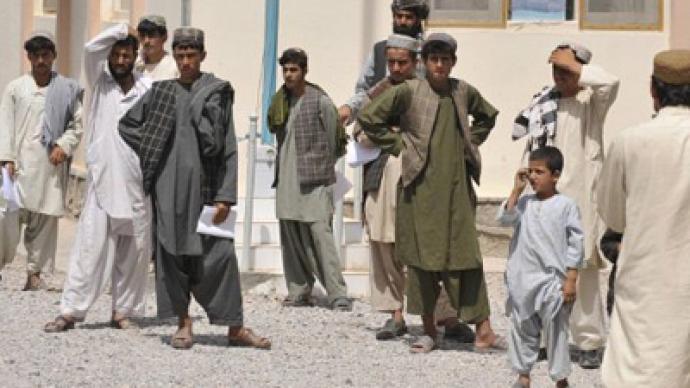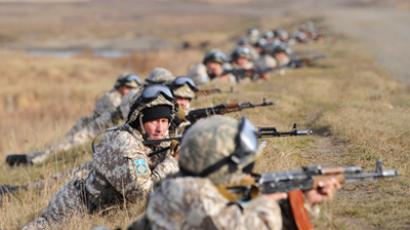Terrorist groups may force their way into Central Asian states – CSTO head

Fundamentalist Islamic organizations have stepped up their efforts to win more supporters in the states of the Collective Security Treaty Organization (CSTO).
The uppermost concern now is the impact of Afghanistan on the countries in the Central Asian region, the CSTO Secretary General Nikolay Bordyuzha told President Dmitry Medvedev at a meeting in Sochi on Friday. The extremist groups have recently been active in the CSTO member states in Central Asia, primarily Kyrgyzstan, Tajikistan, and Uzbekistan. The biggest problem is that many young people from the alliance’s member states have been provided “training in camps in Afghanistan and Pakistan,” Bordyuzha said. “There is a threat of terrorist groups forcing their way into the Central Asian countries’ territory,” the Kremlin’s press service quoted him as saying.There are the same social conditions that fuel many religious opposition groups, as well as terrorist groups, the CSTO head noted, citing intelligence information.Organized criminal groups have also been active as of late. They use large part of the money obtained from drug trafficking to bribe the authorities and establish contacts with extremist groups. Bordyuzha recalled that drug traffickers were playing an active part in events in the south of Kyrgyzstan, including during the mass riots which took place a year ago.These are the trends of real concern, the military alliance’s head stressed, although he described the overall situation as being stable enough. The CSTO has developed a number of proposals to answer the challenges. Heads of the CSTO states will discuss the current situation and the plans for the organization’s future at an informal summit in Astana on 12 August. The leaders will discuss regional threats in general as well as in some specific countries. Russia is interested in bolstering the alliance’s potential, Medvedev said. A year ago, the CSTO summit was primarily devoted to the problems of Kyrgyzstan. It will be on the agenda again, but the president also promised his counterparts to brief them on the efforts Russia is making to influence the situation in North Africa and the Middle East – “a very tense part of the world right now.”Moscow is offering its services “as a mediator and my plenipotentiaries are working on this,” Medvedev said. The developments in the Arab world have “a direct impact on the situation in the CSTO countries too, especially on developments in Central Asia,” he stressed.













